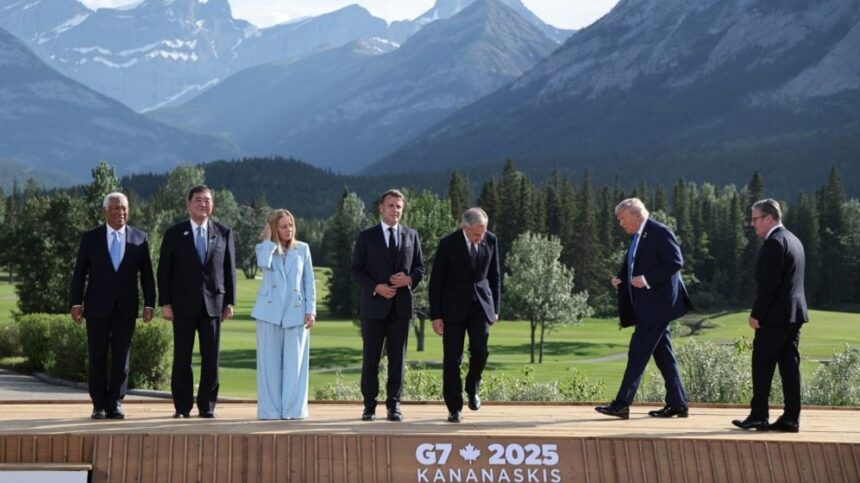June 2025 will be remembered as a turning point, marking the demise of the traditional multilateral approach to global governance, according to prominent analyst Harold James. His recent observations highlight the perceived irrelevance of established institutions like NATO and the G7 in navigating today’s complex international landscape.
James’s assessment comes in the wake of U.S. airstrikes on Iranian nuclear facilities, a decision he notes was made without consultation with other NATO members. Rather, President Donald Trump reportedly departed the G7 summit in Kananaskis, Canada, prematurely to launch the mission, a move that James suggests underscores the G7’s diminished role in current international relations.
Drawing a historical parallel, James recalls the first G7 summit in Rambouillet, France, nearly half a century ago. Convened in November 1975 to address the volatile situation in the Middle East following the 1973 Yom Kippur War, that meeting sought alternatives to direct military intervention. Figures like Henry Kissinger, then, proposed a strategy of financial interconnectedness, encouraging oil-rich regional powers such as Saudi Arabia and Iran to hold their revenues in Western banks, aiming to avert future conflicts through economic ties. This “petrodollar recycling” concept, once a cornerstone of financial diplomacy, has since been dismissed as uncontrolled neoliberalism, leaving a void of coherent alternatives, according to James.
The analyst further critiques the G7’s institutional shortcomings, noting that while the G20 emerged as a more suitable forum after the 2007-08 financial crisis, it too struggled to maintain momentum amidst trade disputes. James also points to the 2014 expulsion of Russia from the G8 (which then reverted to the G7) following its annexation of Crimea, and Trump’s recent calls for Russia’s return despite its role in exacerbating global issues.
The dynamic witnessed at the recent Kananaskis summit, where Trump reportedly prioritized military action over discussions of a ceasefire (advocated by French President Emmanuel Macron), disturbingly echoed the Rambouillet era, James observes. He finds it peculiar that Trump, known for his “America First” stance and promises to avoid “endless wars,” would abandon a multilateral summit for military action. James suggests this contradicts Trump’s previous focus on financial and economic agreements in the Middle East.
The analysis concludes by raising critical questions about the effectiveness of current military strategies, particularly if the recent bombings fail to deter Iranian leadership. The striking parallels between today’s escalating military tensions and the deep domestic discontent of the Rambouillet era are unmistakable, James asserts. He posits whether any contemporary leader can channel Kissinger’s original insights, advocating for a diplomatic (Mercury) rather than a military (Mars) path forward.
Generate Audio Overview







